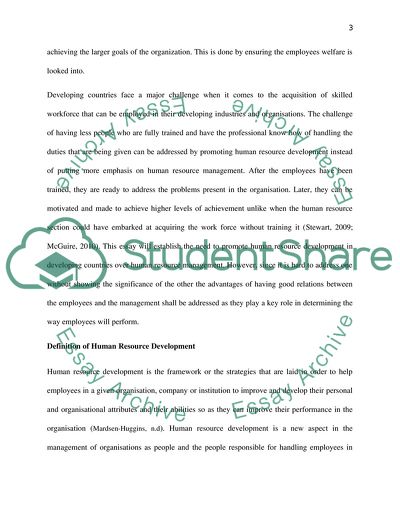Cite this document
(Is HRD more suitable than HRM in a developing country context ( Human Essay, n.d.)
Is HRD more suitable than HRM in a developing country context ( Human Essay. https://studentshare.org/human-resources/1850691-is-hrd-more-suitable-than-hrm-in-a-developing-country-context-human-resource-development-vs-human-resource-management
Is HRD more suitable than HRM in a developing country context ( Human Essay. https://studentshare.org/human-resources/1850691-is-hrd-more-suitable-than-hrm-in-a-developing-country-context-human-resource-development-vs-human-resource-management
(Is HRD More Suitable Than HRM in a Developing Country Context ( Human Essay)
Is HRD More Suitable Than HRM in a Developing Country Context ( Human Essay. https://studentshare.org/human-resources/1850691-is-hrd-more-suitable-than-hrm-in-a-developing-country-context-human-resource-development-vs-human-resource-management.
Is HRD More Suitable Than HRM in a Developing Country Context ( Human Essay. https://studentshare.org/human-resources/1850691-is-hrd-more-suitable-than-hrm-in-a-developing-country-context-human-resource-development-vs-human-resource-management.
“Is HRD More Suitable Than HRM in a Developing Country Context ( Human Essay”. https://studentshare.org/human-resources/1850691-is-hrd-more-suitable-than-hrm-in-a-developing-country-context-human-resource-development-vs-human-resource-management.


